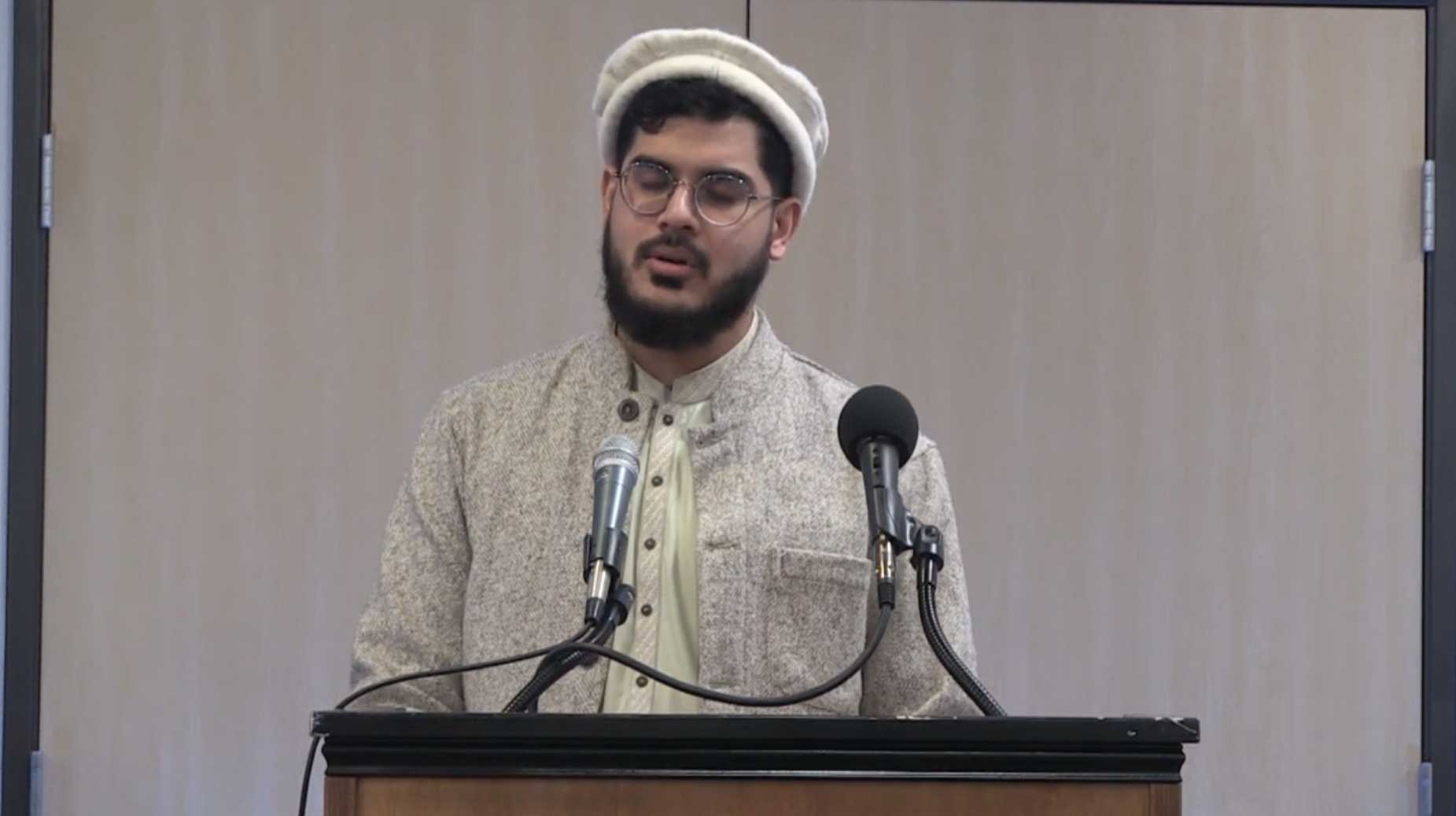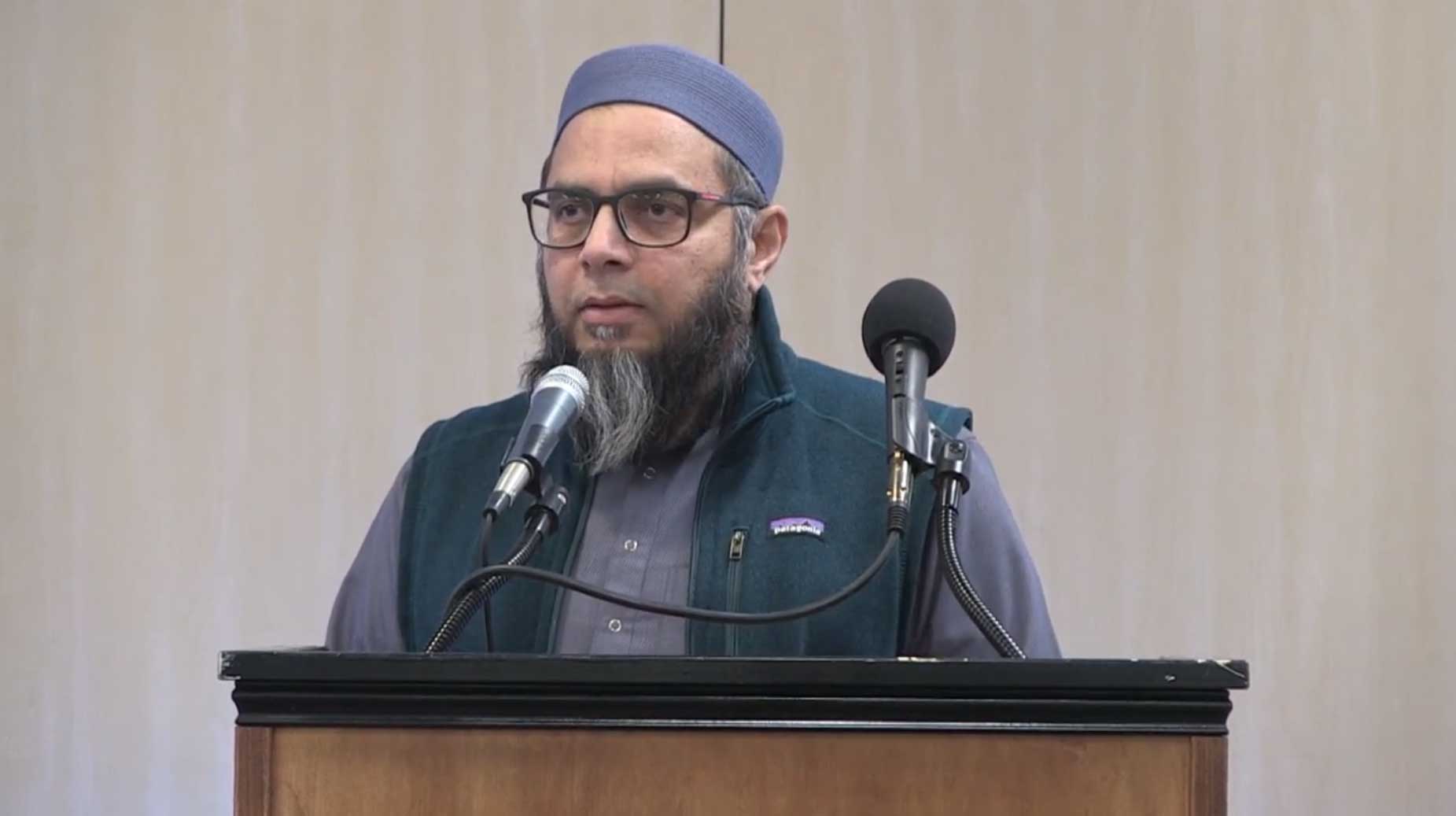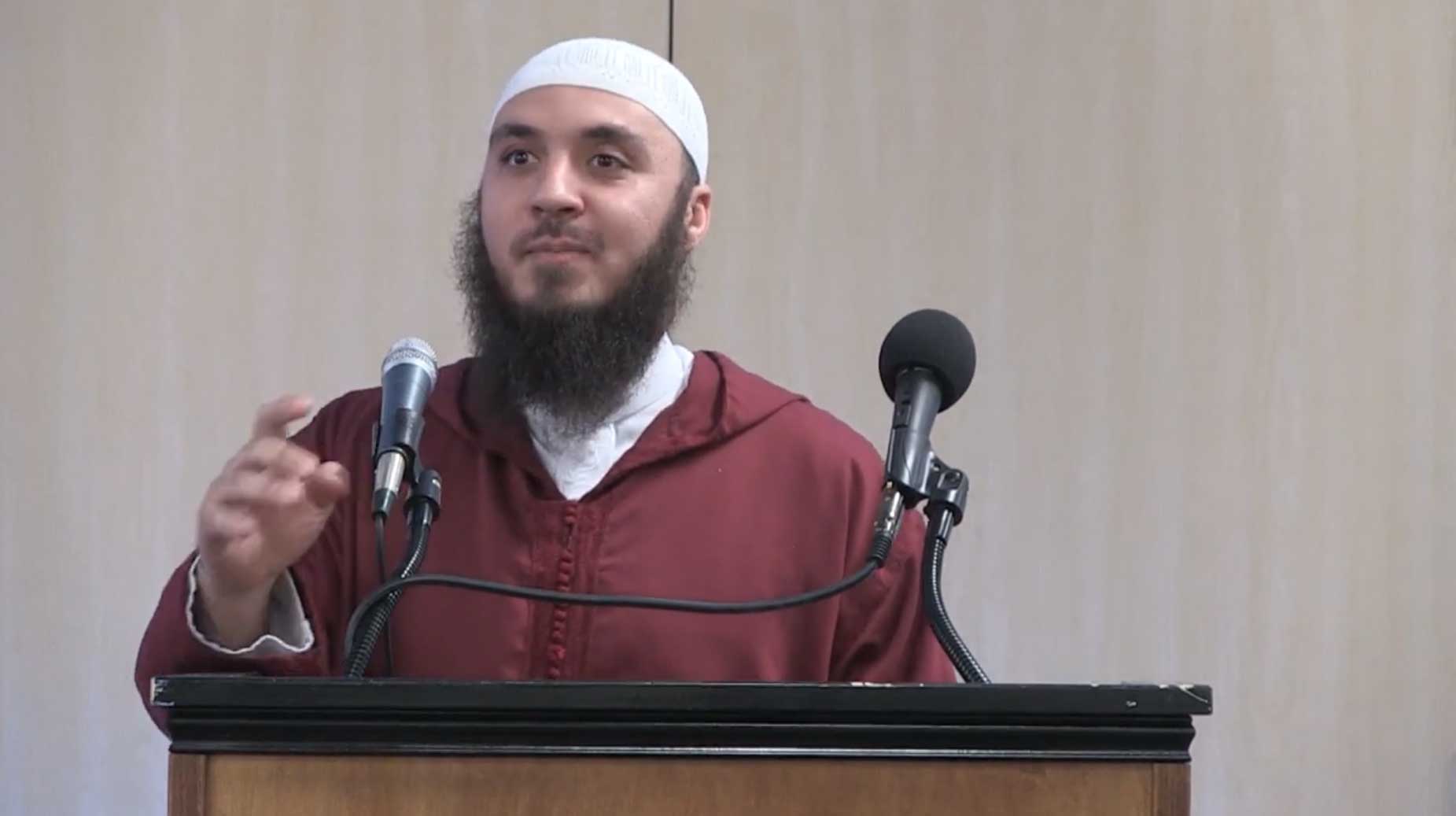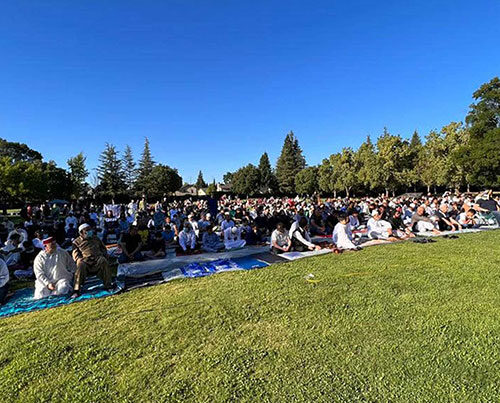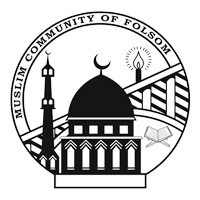Alhamdulillah, the 6th Annual Seerah Conference was a great success! Jazak Allah Khair to everyone who attended and to the amazing speakers who shared their love and knowledge of the Prophet Muhammad (peace be upon him). The conference was filled with insightful lectures and discussions.
We are grateful for the support and participation of everyone who made this conference a success. The Seerah Conference is an important event that helps to promote the understanding and appreciation of the Prophet’s life and teachings.
Our hope is that all attendees left the conference feeling inspired and motivated to continue learning about the Prophet’s teachings and to live by his example in our daily lives.
Watch the Conference
On Youtube
Sheikh Abdullah
Quran Recitation by Sheikh Abdullah – Surat al-Ahzab
Brother Tulaib
Brother Tulaib recites a poem in Urdu about our beloved Prophet [pbuh]
Dr. Mohamed Najeeb
Dr. Mohamed discusses the life of Prophet Mohammed [pbuh]
Imam Yousef Hussein
Imam Yousef Hussein discusses the life of Prophet Mohammed [pbuh]
Dr. Mohamed Najeeb
Dr. Mohammed Najeed performs a beautiful nasheed about the Prophet [pbuh] Mohammed
Mufti Mudassir Owais
Mufti Mudassir Owais discusses the life of Prophet Mohammed [pbuh]
Imam Ammar Shahin
Imam Ammar Shahin discussed diversity, equity, and inclusion during the life of Prophet Mohammed [pbuh]
Successful and Well-attended Seerah Conference in Folsom, California
By Ras H. Siddiqui – Pakistan Link
MCF’s 6th Seerah Conference was hosted on Saturday, January 14, 2023, which drew quite a large number of people from many ethnicities and backgrounds in the Sacramento region.
Seerah is essentially the biography of a person, and a Seerah Conference is an event during which one studies and reads the biography of Prophet Muhammad (peace be upon him) and travels through his life by reviewing the example that he has set. His late father inspired the conference here, and we are glad we can continue to benefit from it. The Imam elaborated on the topic during his short introduction. He said we are here today to learn from the Prophet’s life. He also gave reasons why learning from the Seerah of the Prophet of Islam is important.
Highlights of the Four-Hour Conference
It can be quite challenging to report on a four-hour conference held in at least three languages (Arabic, English, and Urdu), but let us attempt to present some short highlights here, starting with the other speakers since we have already introduced our host.), There was a very inspiring Qur’an recitation from Imam Abdullah (MAS-Elk Grove) and speeches by Dr. Mohammed Najeeb (Masjid Annur, Sacramento), Imam Yousef Hussein, Mufti Mudassir Awais and Imam Ammar Shahin (Islamic Center of Davis). And besides the speakers, we had some excellent Urdu Naat presentations by Hafiz Tulaib and its Arabic equivalent, Nasheed, by Dr. Najeeb.
Furthermore, Dr. Mohammad Najeeb was requested to speak in Arabic. He shed some light on the life of the Prophet, which Imam Ammar translated. He said Allah (SWT) sent us not an Angel but a human being whose example we should follow in this world. He added that the Sunnah of the Prophet is a moderate example to lead us and is not extreme in any way. The Prophet’s emphasis on good manners was also highlighted.
The Prophet’s Fairness and Justice
And then, Imam Yousef Hussein spoke in English. He explained why the Prophet’s Seerah is important for Muslims to learn from and understand. He specifically focused on the Prophet’s fairness and justice in dealing equally with others. When Islam had just a handful of followers, a person asked the Prophet, “Who follows you?” The Prophet replied that both a free person and a slave. Abu Bakr (RA) and Bilal (RA) were among the Prophet’s few followers at that time. By the end of his life, more than 100,000 people were following him and the religion of Islam. During the time from a handful of people to the thousands that followed him, the Prophet did not change in his humbleness, treatment of people, and simple living, ” said Imam Yousef.
Afterward, Mufti Mudassir Awais spoke in Urdu. He asked for Allah’s blessings on this event and on us who are participating. He added that this occasion should instill in us a greater love of the Creator and his Prophet and that we should be grateful for this gift of Seerah, which we are lucky to have with us. Mufti Awais shared some examples from the life of the Prophet, which drew people to him and Islam. He said that the Prophet’s behavior never generated hate between people, which is certainly something we can all learn from today. He highlighted the interaction of the Prophet in public gatherings and his conduct within his family as examples for us to emulate. For those that understand Urdu, Mufti’s speeches can be really inspiring as his deliveries in the language are a joy to listen to.
How the Prophet handled different forms of jāhiliyyah
Lastly, Imam Ammar Shahin delivered the closing speech. His topic was how the Prophet handled different forms of jāhiliyyah, or ignorance and ignorant practices, during his life. Speaking in English, he explained how ignorance can be countered and how the Prophet dealt with it. He said the Prophet kept the good and left the evil during the time of jāhiliyyah.
And from amongst the many issues faced during that time, such as the ill-treatment of women and racism, the Prophet took a revolutionary approach to change them. The rights of women came early in Islam, which should not be confused with the (wrong) practices of some Muslims today, he said. The Prophet said that the best amongst you is who is best to his women, to his wife. He also valued the opinion of women. On racism, Ammar added that it exists even in our time.
He said when the Prophet was asked who was the most honorable among the people. He replied that they are the most pious (not social status or skin color). The Prophet elevated Bilal (RA), a former Abyssinian slave, and asked him to give the call to prayer (Adhan) while standing on top of the Kaaba, the most sacred of our holy places.
In conclusion, our host for this Seerah Conference spoke on many issues. One can close here by congratulating him on holding a very successful and well-attended event. And we hope that this annual tradition will continue at MCF.



